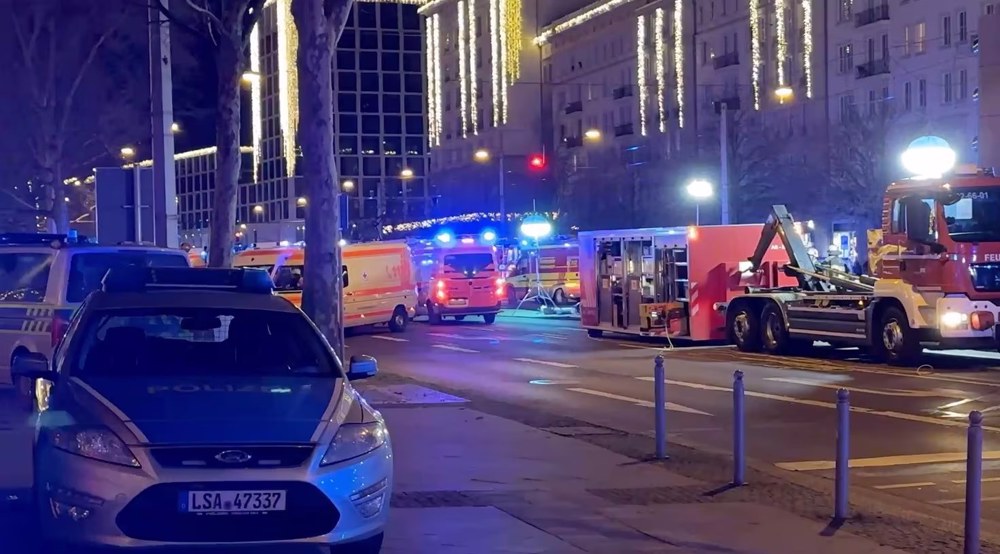Ex-German leader Schroeder raps Merkel’s Russia policy
Former German chancellor, Gerhard Schroeder, has lashed out at his successor, Angela Merkel over her policies towards Russia, saying he understands Moscow’s foreign policy concerns.
Schroeder made the remarks in an interview with the German daily Der Spiegel published on Saturday.
The former chancellor who ruled Germany from 1998-2005 said he fully recognizes Moscow’s concerns as since the Eastern European defense alliance, the Warsaw Pact, ceased to exist with the end of the Soviet Union, the Western military alliance “NATO not only survived, but also has extensively expanded to the East.”
Schroeder added that he sees no grounds to fear a possible Russian threat in Eastern Europe and Russia would not “consider placing in question the territorial integrity of Poland or the Baltic states.”
In addition, Schroeder insisted that attempts by the United States and the European Union (EU) to internationally isolate Russia over the crisis in Ukraine are “wrong,” arguing, “It is during a crisis that dialogue should be maintained.”
Western governments, including Germany have imposed sanctions on Russia, accusing Moscow of interfering in neighboring Ukraine. However, the Kremlin denies the accusation.
According to Schroeder, Berlin should have prevented the European Commission (EC) from “holding talks on Ukraine’s association with the EU solely with Kiev without involvement of Moscow.”
A political crisis erupted in Ukraine in November 2013 when the country’s then president, Viktor Yanukovych, refrained from signing an Association Agreement with the European Union in favor of closer ties with Moscow.
The move sparked pro-EU protests, with its center in Kiev’s Maidan Square, and in February 2014, Yanukovych was ousted by Western-backed groups. The ouster triggered in its turn pro-Russian protests in the country’s southern and eastern regions.

In a bid to crush the pro-Russian protests, Kiev launched military operation in mid-April last year, causing deadly clashes in the country’s two mainly Russian-speaking regions of Donetsk and Lugansk in eastern Ukraine.
Violence intensified last May after the two flashpoint regions held local referendums in which their residents voted overwhelmingly in favor of independence from Ukraine. The votes came just two months after the country’s Black Sea peninsula of Crimea voted in a referendum to breakaway and rejoin the Russian Federation.
On February 15, Ukrainian forces and pro-Russia fighters began a ceasefire in a bid to end the bloody conflict in eastern Ukraine, however both sides have been accused of violating the truce.
The fighting has taken a heavy toll on thousands of people. More than 6,000 people have died in the conflict, the United Nations says. Around 1.5 million people have also been forced from their homes.
CAH/MKA
‘Abhorrent’: Oxfam says only 12 trucks delivered aid in North Gaza since Oct.
VIDEO | Leader receives religious eulogists on Hazrat Fatima birth anniv.
Pope Francis slams Israel’s ‘machine-gunning’ of Gaza children
US hostage-taking of Iranian nationals violation of intl. law: Deputy FM
VIDEO | Carol Singers for Palestine on London’s Parliament Square
Ansarullah says ‘Israeli terrorists’ incapable of confronting Yemen, warns of secret weapons
VIDEO | Yemenis praise the military for its successful operations against Israel
VIDEO | Israel continues to bomb Gaza homes










 This makes it easy to access the Press TV website
This makes it easy to access the Press TV website